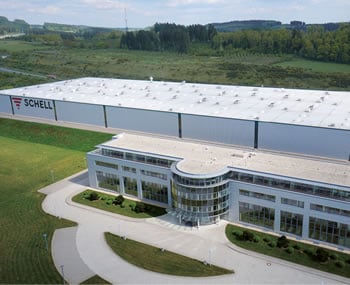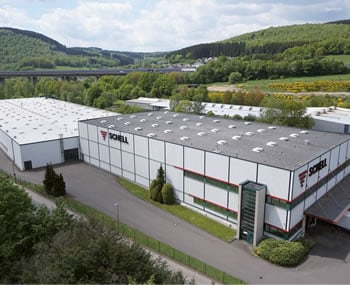An interview with Andrea Bußmann: “Acting sustainably has long been a natural part of doing business at SCHELL”
6-minute read
Ninety years ago, Hubert Schell laid the foundation for what is now an international company for fittings and innovative solutions in Olpe, located in the midst of woods and meadows, lakes and waterways in Germany’s Sauerland region. Strongly influenced by its local surroundings, a responsible attitude to nature and its resources has always been part of the SCHELL company philosophy: and this at a time when the term ‘sustainability’ was not even a part of day-to-day language – and had much less become something implying specific values and challenges. Yet SCHELL has always been a pioneer. “There are always new developments and solutions that allow us to act even more efficiently and more responsibly. So for us, sustainability has always been a continual process,” explains Andrea Bußmann, Director of Marketing, Sales and Product Management at SCHELL. In this interview, she talks about how sustainability is actively put into practice by the company and its production, and how the products contribute to this philosophy.

Andrea Bußmann has been responsible for Sales, Marketing and Product Management activities at SCHELL since July 2020
How does SCHELL integrate sustainable processes? What action do you take in order to actively conserve resources?
Bußmann: Products that need replacing after a short space of time are bad for the environment. This is why SCHELL products are vandal-resistant and especially long-lasting. From constant use to carelessness on the part of users or contact with many different cleaning agents, products such as wash basin taps face plenty of challenges – and especially in public sanitary facilities. And if repairs should become necessary, SCHELL can always offer the right spare part. In most cases, this avoids replacing the entire fitting itself, which saves both time and materials. We also design our products to be simple to maintain and straightforward to repair. Our product longevity is not only a result of engineering excellence and superior robustness, however, but also stems from SCHELL’s typical approach to product design, which combines award-winning form with function. As we know from experience: a more attractive design is less likely to be targeted by vandalism.
What happens to SCHELL products once they have come to the end of their long service life?
Bußmann: We use recyclable brass to manufacture our fittings and angle valves. During manufacturing, we also collect the chippings and swarf that are produced, and ship them back to brass suppliers for reuse. But even after their long life, the fittings can be returned by sanitary equipment fitters, so as to reuse their raw materials and become a valuable resource for the future. This creates a closed loop encompassing all of the product’s lifecycle phases, according to the cradle-to-cradle principle.

At SCHELL, sustainability is put into practice by our employees, implemented in production and exported as part of our products. Keeping our head office in Olpe, with admin and production on a single site, saves logistics costs and carbon emissions.
Public and semi-public sanitary facilities are used by large numbers of patrons every day – how can SCHELL use its products to increase the level of sustainability here?
Bußmann: Our products help support the responsible handling of our scarce resource of drinking water. Our watchword here is as follows: less water but the same user experience. In the case of visitors to public sanitary facilities, there is often little awareness of the need to minimise water consumption. With the help of water-saving technologies, we ensure that this valuable resource is used responsibly. As one example, our contactless wash basin taps are equipped with a sensor that starts the flow of water only when someone holds their hands in the sensor area. The flow of water stops automatically once the hands are taken out of detection range. The follow-up time can also be limited, so that handwashing only uses as much water as is actually required. In this way, water savings of up to 70 percent are possible during handwashing, compared with normal, single-lever taps – and without compromising on user comfort. For ‘green’ building projects seeking BREEAM or LEED certification, for example, our portfolio also includes special products such as flow regulators that can achieve especially low levels of consumption and which help to secure a successful audit as a sustainable building. Even our angle valve – the product on which our company was built, so to speak, and that positioned us as a global market leader – helps save water. Once the angle valve has been optimally adjusted, SCHELL’s spindle technology cuts consumption by up to 40 percent without inconveniencing users.

Contactless taps help to cut water consumption by up to 70 percent compared with standard single-lever mixers
Alongside contactless fittings, SCHELL also offers many other innovative technologies – such as the company’s SWS Water Management System. What features does SWS offer?
Bußmann: Our Water Management System helps building operators maintain drinking water quality, and ensure the efficient and economical operation of their drinking water installation. With stagnation flushes, SWS prevents an excessive build-up of harmful bacteria and so prevents a drinking water installation from becoming contaminated. In the case of reduced usage or an actual usage interruption, it is far more sustainable to simulate specified normal operation with SWS, for example, than to conduct time-consuming and large-scale recommissioning measures after an interruption in the use of the installation. Once they have been correspondingly programmed, stagnation flushes can be executed automatically using a water management system. Our SWS can also be used to group fittings together, so as to synchronise stagnation flushes electronically. This creates high-volume flushes that prevent the formation of hygienically critical deposits on interior pipe surfaces. SWS also helps building operators confirm that all of the tapping points have actually been incorporated into the flushes. This ensures a full and complete exchange of water.
How does the SCHELL SWS Water Management System help to improve sustainability?
Bußmann: Automated flushing with SWS is much more precise than taking a manual approach. Water use here is highly efficient, since this usage is minimised to be no more than the volume of water actually needed. Facility managers planning to trigger flushes manually will have to allow for more time, more personnel – and higher water consumption. Our water management system can be connected flexibly using a wireless or wired network. This extends its use from new projects to existing properties, cutting costs for construction materials and personnel in the case of renovations. Designed as a modular system, SWS can be extended whenever needed.
Sustainability is now everywhere we look, in our homes and at work – but do you see this focus on the conscious, respectful handling of nature and resources as a short-lived trend?
Not at all! Sustainability has never been more important as a factor in our lives and should be approached with the corresponding level of responsibility. Handling our environment and natural resources with respect is essential for the preservation of our planet – although we still have a long way to go before this awareness is shared within our society as a whole. Here at SCHELL, we are proud to know that our company philosophy and our products help to improve efforts towards achieving sustainability, and, going forward, we will continue to work towards the sustainable and responsible-minded handling of natural resources.

![[Translate to English:] [Translate to English:]](/fileadmin/_processed_/1/b/csm_symstemloesungen_e2_thumb_6bca267f26.jpg)
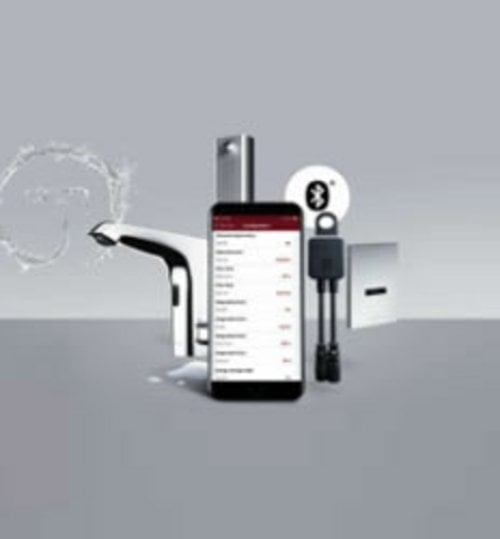
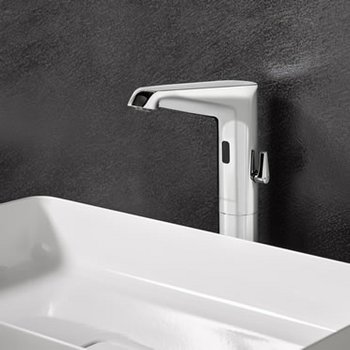
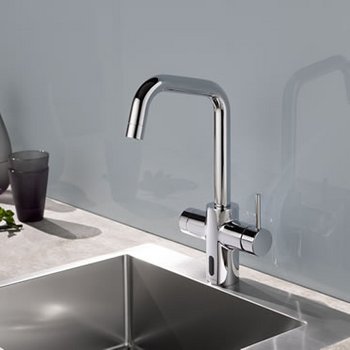
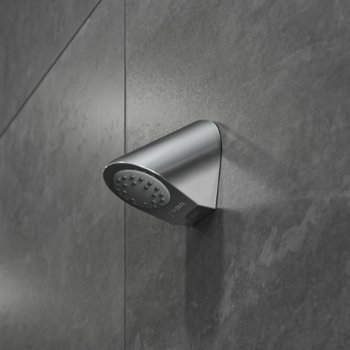
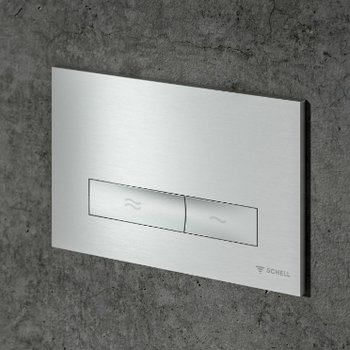
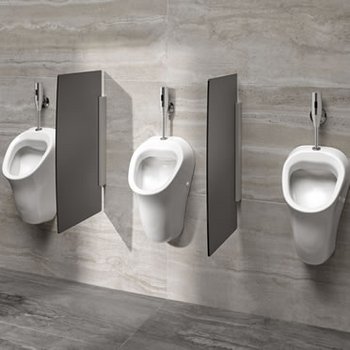
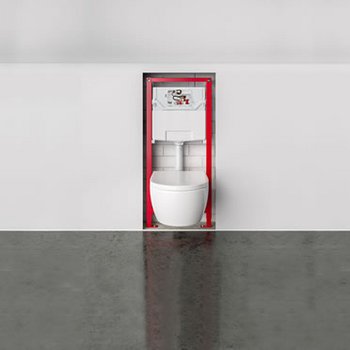
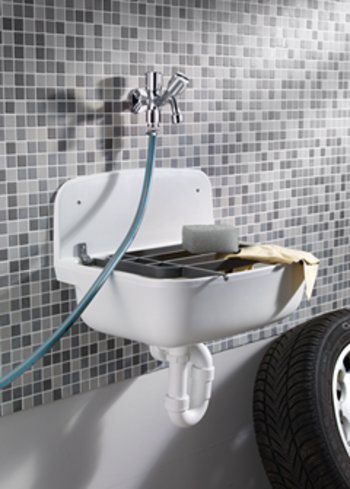
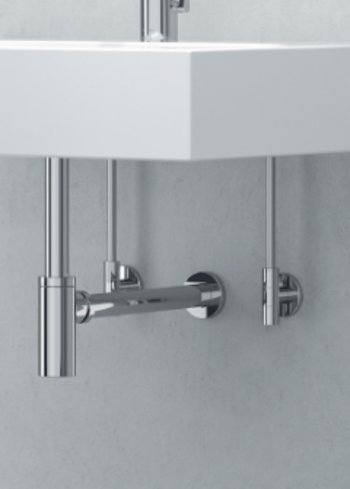
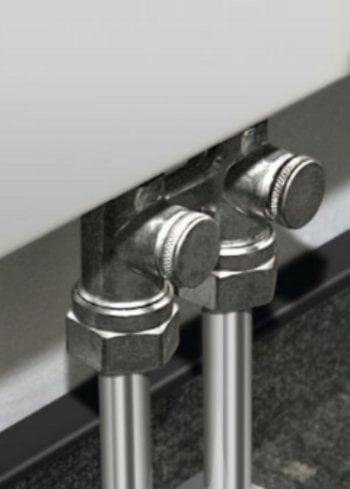
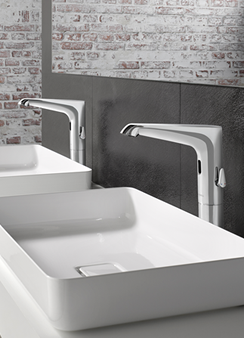
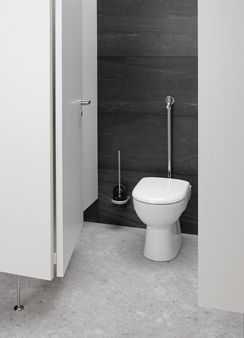
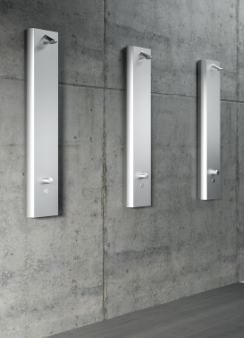

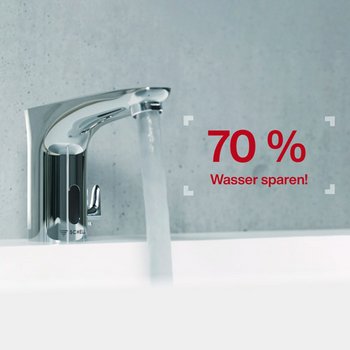
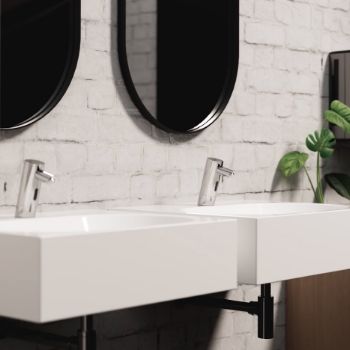

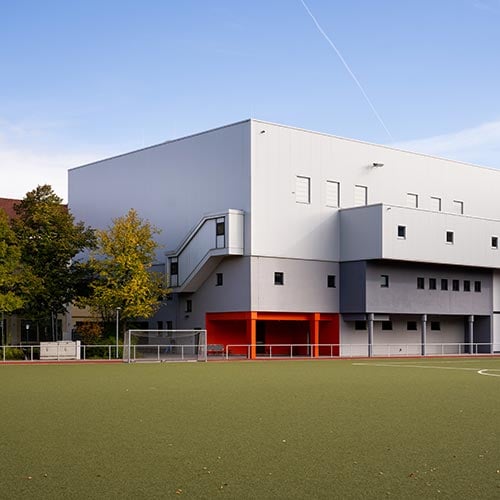
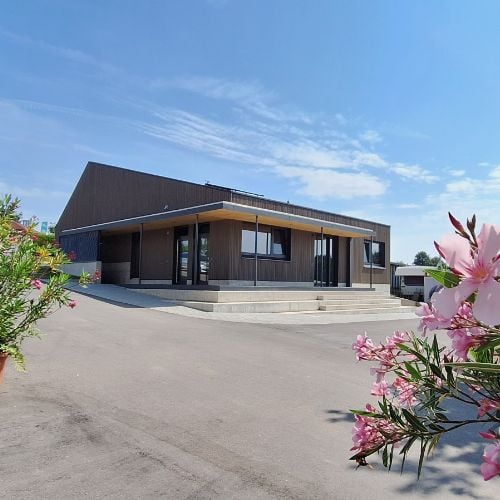
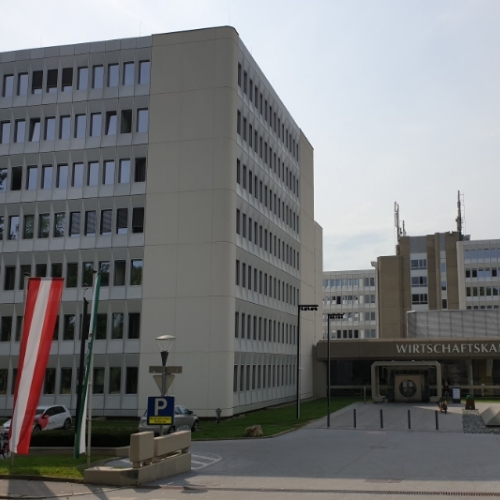
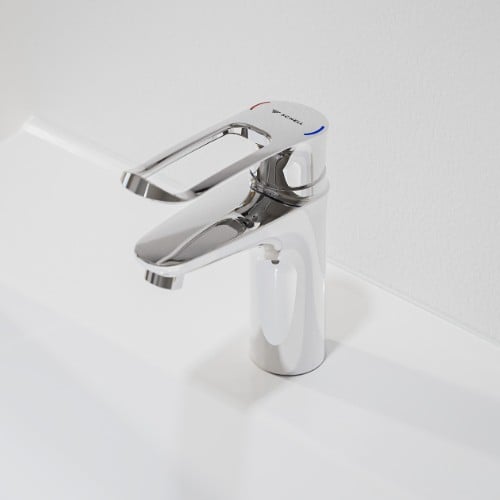
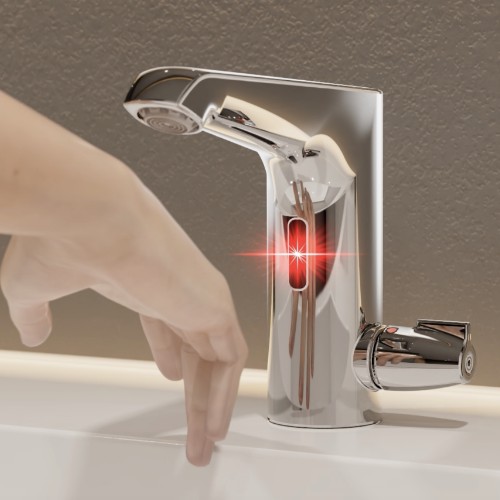
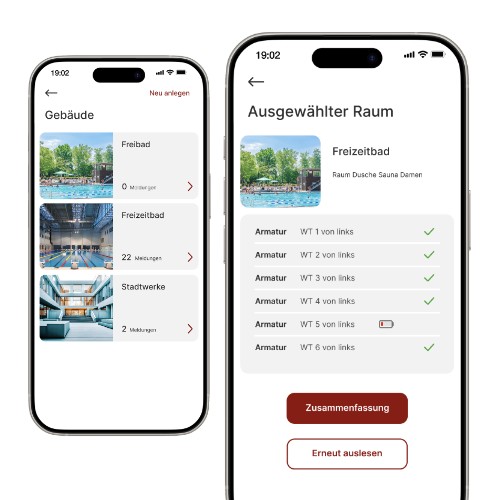
![[Translate to English:] [Translate to English:]](/fileadmin/user_upload/images/menu/menu_service_downloads_broschueren.jpg)
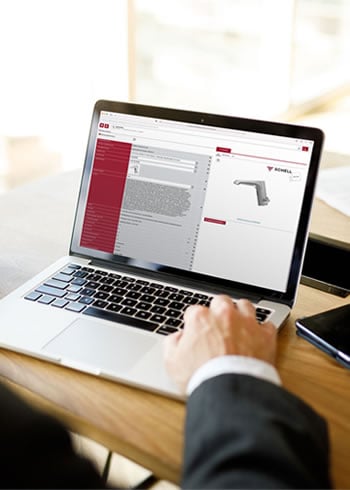
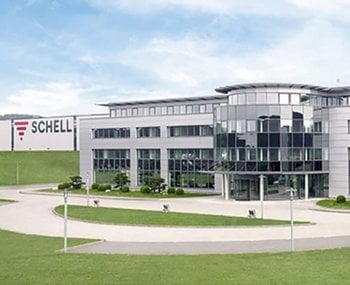


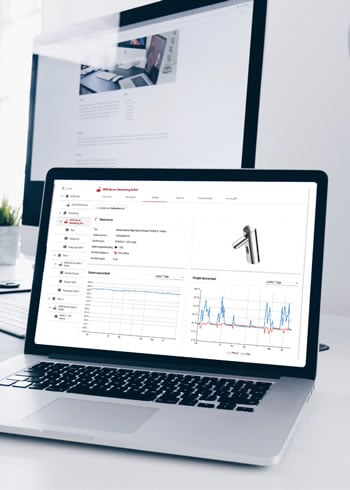
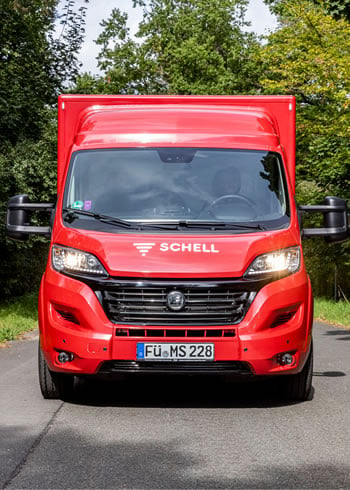
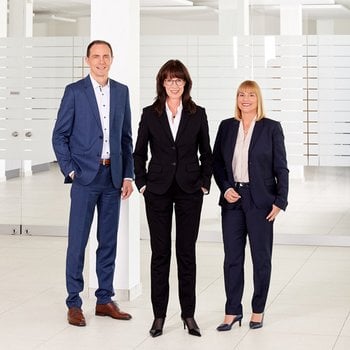
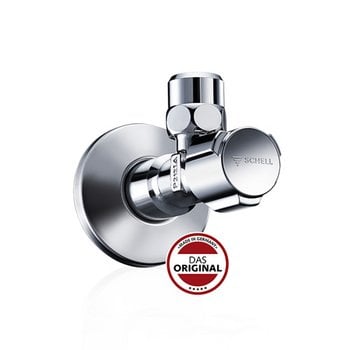
![[Translate to English:] [Translate to English:]](/fileadmin/_processed_/7/7/csm_menu_unternehmen_ueber-schell_awards_f6cec25b1d.jpg)
![[Translate to English:] [Translate to English:]](/fileadmin/_processed_/a/0/csm_menu_unternehmen_ueber-schell_wasser-sparen_41036d2dd9.jpg)


